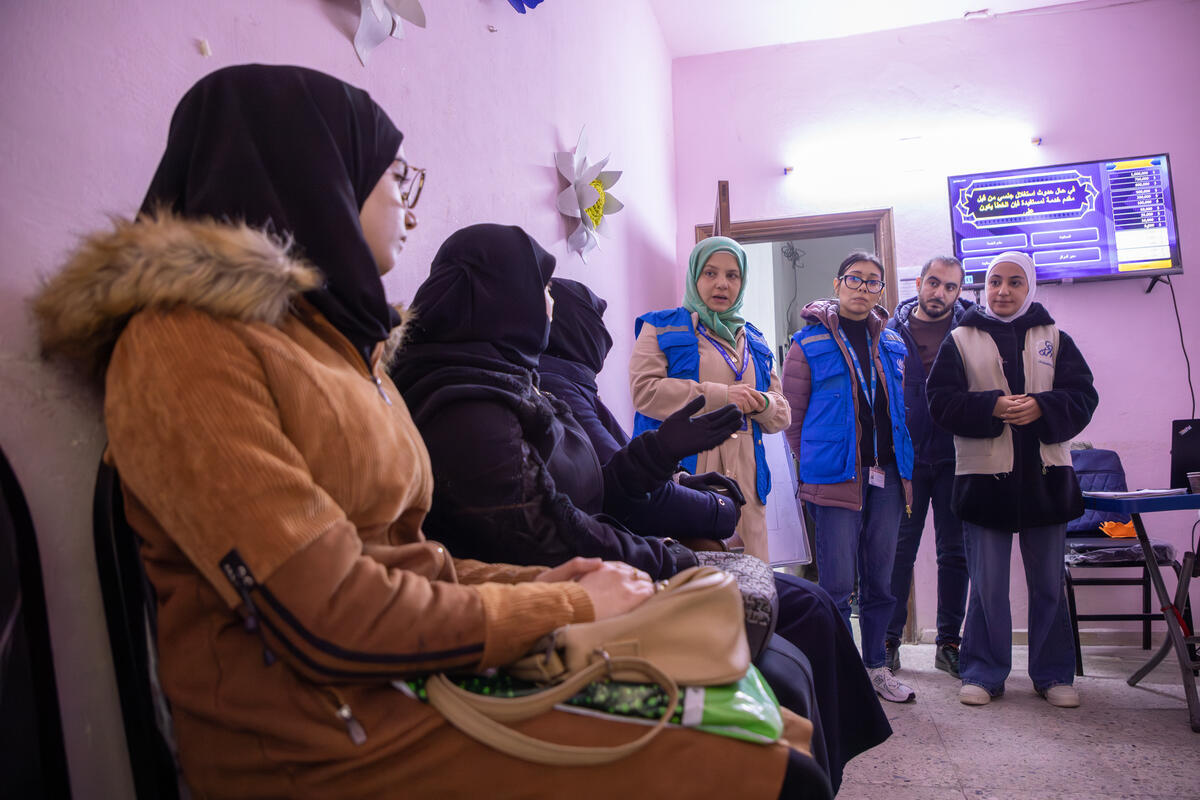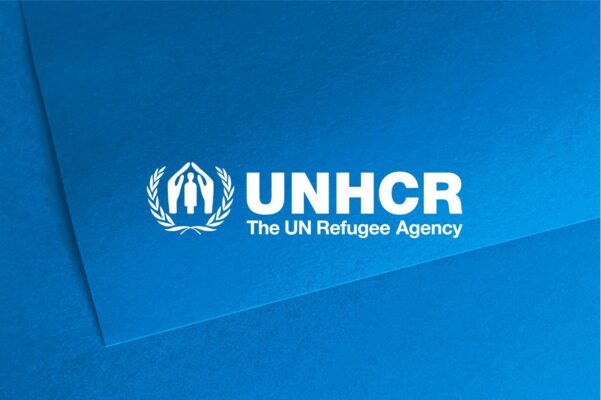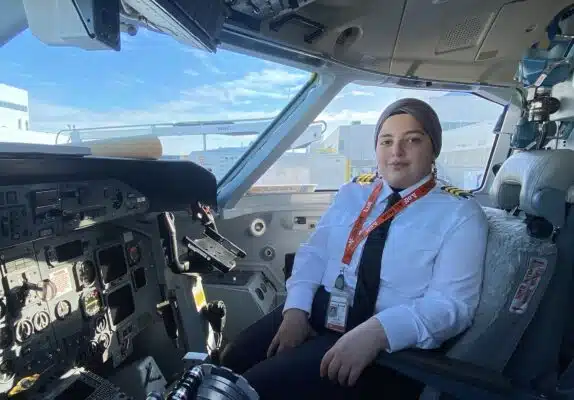
UNHCR staff speak to women at a community center in the Seif Al-Dawla neighborhood of Aleppo to assess their needs following the recent offensive. © UNHCR/Hameed Maarouf
This is a summary of what was said by UNHCR Representative in Syria, Gonzalo Vargas Llosa – to whom quoted text may be attributed – at today’s press briefing at the Palais des Nations in Geneva.
Over the past 14 years of conflict and crisis, more than 13 million Syrians were forced from their homes. During this time, UNHCR and its partners have been and continue to be on the ground in Syria, delivering life-saving assistance wherever the situation allows.
Figures are not yet available, but thousands of Syrian refugees have started returning to the country from Lebanon via the official Masnaa border point and other unofficial border crossings. At the same time, other Syrians have fled in the opposite direction into Lebanon.
Refugees are also returning from Türkiye through the Bab al-Hawa and Bab al-Salam border crossings to north-west Syria. UNHCR had to temporarily suspend some activities at the border, but now our presence is resuming. Yesterday, we had about 2,000 returns of Syrians from the main border with Lebanon. There were Syrians going back to Idlib, to rural Damascus, to Damascus, to Daraa, to Aleppo, and to other locations.
Thousands also left Syria and crossed into Lebanon. So, there is a two-way movement. One of the main challenges is that there are no immigration authorities on the Syrian side. The immigration officials who were operating there during the previous regime, all left their positions. And the new transitional authorities have not been able yet to establish immigration procedures, which creates, of course, some challenges and difficulties.
Also, we are seeing some returns from Türkiye. We expect that figure to grow.
As we have stated before, there are clearly a lot of Syrians who are in a wait-and-see attitude.
In Syria, most of our activities during the intense period of fighting were suspended but, fortunately, in the past 72 hours we have been able to resume through our local partners quite a lot of our activities in those areas which are now more secure. Just to give you an example, UNHCR supports 114 community centres all over Syria, which provide a whole range of services to destitute Syrians and to the internally displaced, but also to those who are coming back. We have been able, as of yesterday, to reactivate 75 per cent of those community centres. In the past couple of days, a UN team from Damascus, including myself, visited Aleppo and Homs, and we were able to see the resumption of some of those activities, in addition to meeting with our colleagues in both locations, who went through some very harrowing days during the intense fighting. We were also able to have some contact with the interim authorities.
It is, of course, very early days, but those interactions are beginning. In general, the initial signals that the interim authorities are sending us are constructive. They say that they want us to stay in Syria and that they appreciate the work that we have been doing now for many years. They need us to continue doing that work and, most importantly for us, they will provide us with the necessary security to carry out those activities.
In general, the security is getting better, although the situation in the Northeast is different. As an illustration, the UN interagency team that travelled to Aleppo and Homs – we travelled more than 800 kilometres in a period of less than two days, and we encountered almost no checkpoints.
To anybody who has been in Syria, they will know that checkpoints were a critical feature of the previous regime and I think that there is a sense among some that this is a very positive development. On the roads, as we travelled, there were Syrians moving from one location to another without the type of constant checkpoints that we saw during the previous regime. Of course, we will need to see whether that type of freedom of movement we are witnessing at the moment will continue.
On the issue of the vacuum of law and order, there have been some lootings, including of UN property, over the past week. We have been reassured by the interim authorities that they want to address this gap as soon as possible and that they are trying to do everything possible to restore law and order. But they have also asked for a little bit of patience on our side as they complete this very important task of guaranteeing security, not only for their own citizens, but also for UN partners.
A final note on funding. The interagency flash appeal that was launched in October requested $324 million for activities up to March of next year. At the moment, between contributions and projections, the total raised is $88 million. So, there is an urgent need for additional financial support.
Years of conflict have devastated Syria’s economy and infrastructure, leaving 90 per cent of the population relying on some form of humanitarian aid. Regardless of how the situation unfolds, millions of Syrians will need help with shelter, food and water to get through the coming winter and beyond.
For more information, please contact:
- In Beirut: Lisa Abou Khaled: aboukhal@unhcr.org, +961 71 880 070
- In Amman: Rula Amin, aminr@unhcr.org, +962 (0) 790 045 849
- In Geneva: William Spindler, spindler@unhcr.org +41 79 549 5998
Originally published by UNHCR on 13 December 2024





